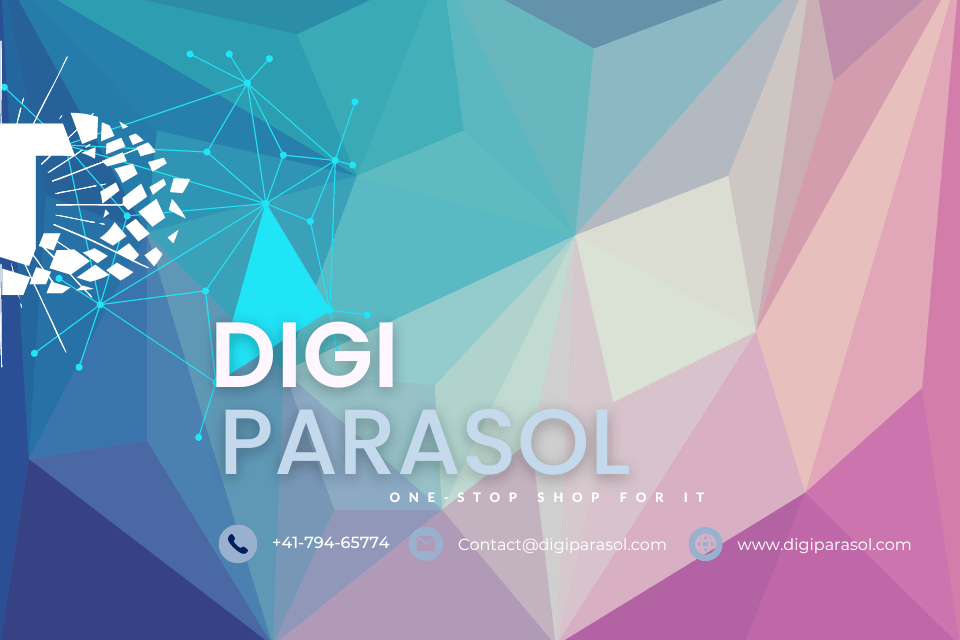Key Points to Include:
1. Introduction to Genomic Research
– Define genomic research and its significance in medicine and biology
– Explain what genomics entails and how it differs from genetics
– Discuss the evolution of genomic research and its impact on our understanding of diseases and human health
2. Overview of Artificial Intelligence (AI) Tools
– Define artificial intelligence and its applications in various fields
– Explain how AI is revolutionizing genomic research through data analysis, interpretation, and prediction
– Discuss the different types of AI tools being used in genomics, including machine learning algorithms, neural networks, and deep learning techniques
3. Advantages of AI Tools in Genomic Research
– Highlight the speed and efficiency of AI tools in analyzing large-scale genomic data sets
– Discuss how AI can identify patterns, correlations, and associations that may not be apparent to human researchers
– Explain how AI can help predict disease risks, diagnose genetic disorders, and develop personalized treatment plans
4. Case Studies of AI in Genomic Research
– Provide examples of how AI tools have been used to advance genomic research in various areas, such as cancer genomics, rare genetic diseases, and pharmacogenomics
– Highlight specific AI algorithms and methods that have led to significant discoveries or breakthroughs in genomics
– Discuss the impact of AI on precision medicine and personalized healthcare
5. Challenges and Limitations of AI in Genomic Research
– Address the ethical, legal, and social implications of using AI in genomics, including concerns about data privacy, consent, and discrimination
– Discuss the limitations of AI tools in handling complex genomic data, such as incomplete or inaccurate data sets
– Explore the challenges of integrating AI technologies into existing genomic research workflows and clinical practice
6. Future Directions and Opportunities for AI in Genomic Research
– Predict how AI tools will continue to evolve and shape the future of genomics
– Discuss potential collaborations between AI developers, researchers, and healthcare providers to leverage AI for genomic insights
– Highlight emerging trends and technologies that may further enhance the capabilities of AI in genomics, such as explainable AI, federated learning, and synthetic data generation
7. Conclusion
– Summarize the key takeaways from the article on exploring the potential of AI tools in genomic research
– Emphasize the transformative impact of AI on genomics and the opportunities it presents for advancing our understanding of human genetics and disease
– Encourage further research and collaboration in harnessing the power of AI for personalized medicine and precision healthcare.


